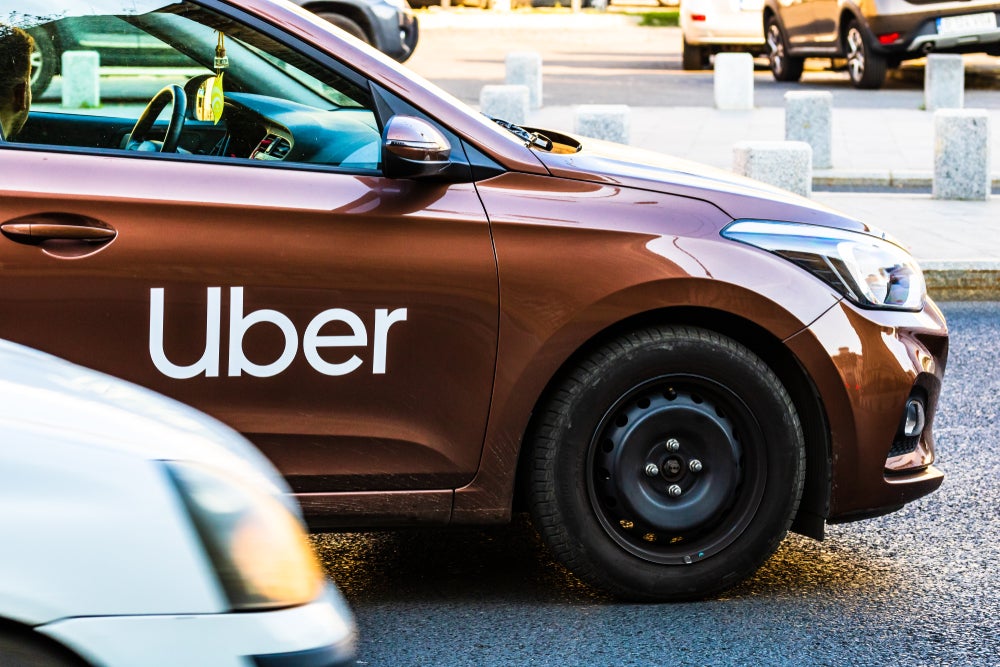The slow progress of ride-hailing company Uber to electrify its European fleet demonstrates why corporate pledges are “no substitute” for government action, says the NGO Transport & Environment (T&E) in a new analysis.

Last year, Uber announced that 50% of all kilometres driven by its taxis across seven European cities would be emissions-free by 2025. Currently, an average of less than 5% of kilometres driven are by fully electric vehicles, the analysis states.
Two cities in the lead are Lisbon and London, with 9% and 6% of Uber’s kilometres fully electric, respectively. Paris (1%), Madrid (0.15%), Berlin (0.55%) and Brussels (0.01%) are lagging, with almost no electric cars on offer for passengers.
The Portuguese, British and Dutch capitals’ governments require private fleet operators to go electric between now and 2025, explaining the higher figures in these cities. Where no regulatory push yet exists – in Brussels or Berlin – Uber has done little to progress, the analysis states.
Such slow progress highlights the inadequacy of corporate pledges alone, and T&E calls on all city authorities to require high-mileage fleets in urban areas to be made up of zero-emission vehicles from 2025.
City and national governments must also improve charging infrastructure to ensure that affordable charge points are widely available, the analysis concludes.
How well do you really know your competitors?
Access the most comprehensive Company Profiles on the market, powered by GlobalData. Save hours of research. Gain competitive edge.

Thank you!
Your download email will arrive shortly
Not ready to buy yet? Download a free sample
We are confident about the unique quality of our Company Profiles. However, we want you to make the most beneficial decision for your business, so we offer a free sample that you can download by submitting the below form
By GlobalData


